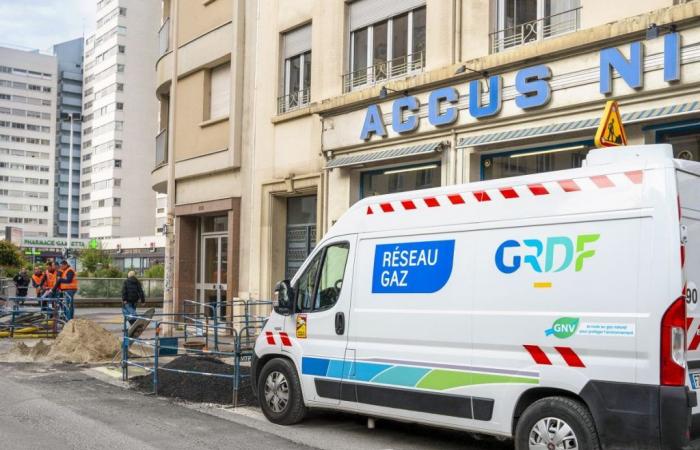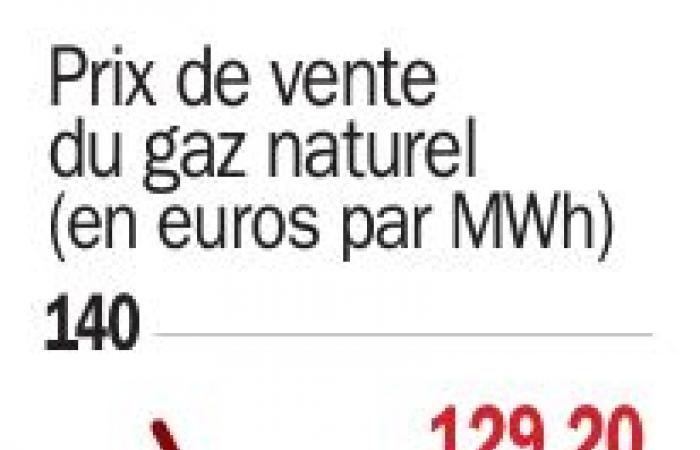Ten years ago, Ségolène Royal, Minister of Energy under the Valls government, froze electricity prices to protect the purchasing power of the French. Repeat in a few days for gas? Monday 1is July, it is expected that the 11 million subscribers will see their tariff increase by 11.7%. But this increase, announced on June 10, the day after the European elections, by the Energy Regulatory Commission (CRE), comes at the worst possible time, between the two rounds of the legislative elections. The National Rally and the New Popular Front have already indicated that they would cancel the operation if they came to power after July 7.
Read alsoEnd of the price shield: a tax on gas almost doubled on January 1
Given the tense political context, should this announcement have been postponed? “The government was busy with other issues (the dissolution) and no one thought of telling the CRE that this decision came at an inopportune time,” observes former Vaucluse MP Julien Aubert, vice-president of LR.
Shipping rates jump 27.5%
The 1is July, the price of gas will reach 129 euros per megawatt hour, compared to 116 euros in June. Despite this impressive increase, the price will remain 3.5% lower than that of 1is January. This is due to the drop in the price of the molecule during the spring. “After the winter, gas storage facilities were well filled and deliveries of liquefied natural gas were not lacking, a consequence of continued declining Asian demand,” explains a CRE spokesperson.
Selling price of natural gas Credit: Challenges
So why this upcoming increase? More than half of it is due to the revaluation of the gas transmission tariff to homes and businesses. This is a toll that the distribution network manager GRDF, a subsidiary of Engie, charges to energy suppliers. This tariff is reassessed every four years.
In 2020, it had decreased slightly (-0.3%). This time, it jumped by 27.5%. For two thirds, GRDF justifies this increase by an increase in costs (health crisis, war in Ukraine, inflation on equipment used in networks, creation of new pipes to accommodate biogas, etc.) and by a decrease in consumption (-20% between 2021 and 2023). A phenomenon due to the succession of mild winters and the government’s policy in favor of the electrification of uses and energy sobriety.
Violent drop in gas demand
Faced with this situation, the president of the CRE Emmanuelle Wargon decided to spread “increasing costs over decreasing consumption”. For Thierry Bros, professor at Sciences-Po and gas expert, “this decision is contrary to the spirit of regulation”, because the commission does not have to pass on GRDF’s loss of earnings to customers.
Read alsoLNG: TotalEnergies and Qatar commit to 27-year supply contracts
The drop in gas demand has been sharp, but it is not a surprise. Politicians have been calling for it for years for ecological reasons. “The French have made efforts by reducing their consumption,” says Thierry Bros. But we ask them to pay for GRDF, which has done nothing. One could have imagined that the distributor would adapt and make savings, as some of its counterparts in Great Britain or Norway have done. »
The expert believes that there is an overweight in the transport of gas. “In 2015, the European Commission estimated the annual overmargin of distributors and transporters in Europe at more than 5 billion euros.”







